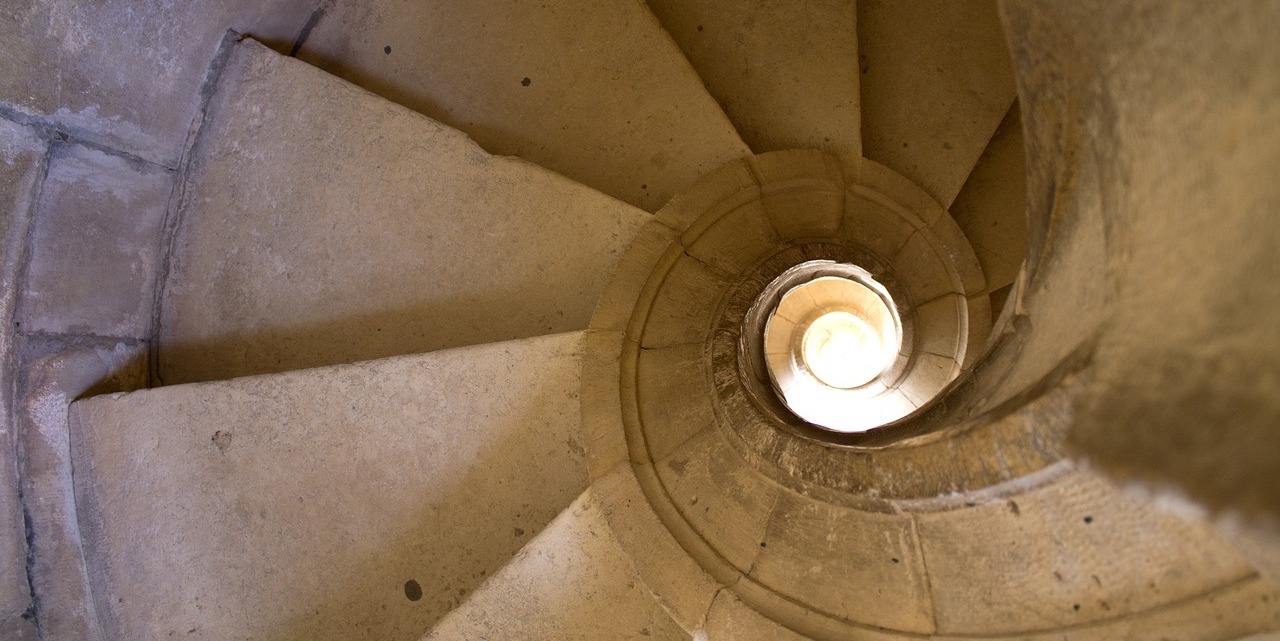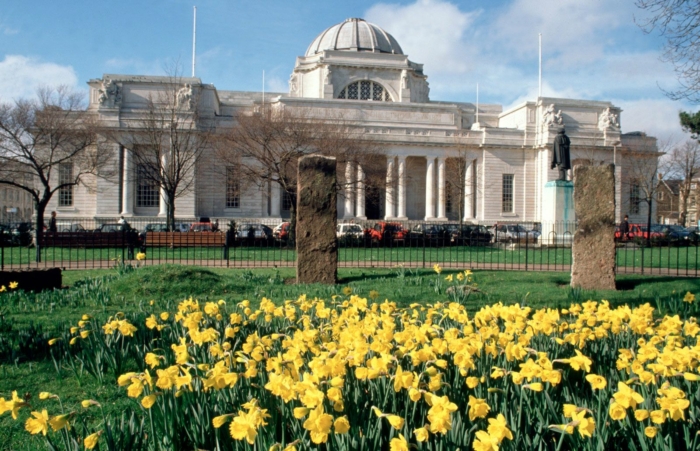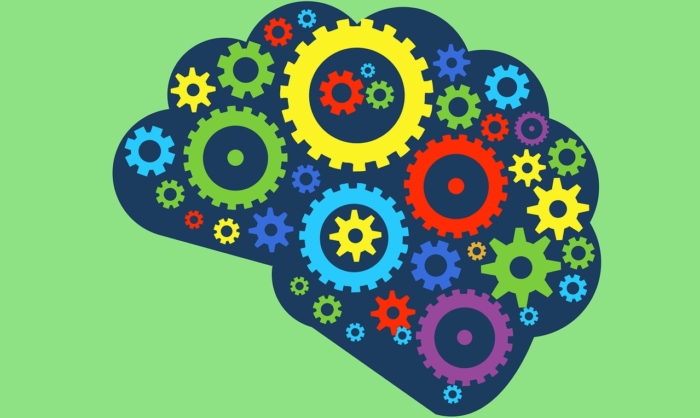In July 2011, the Institute of Physics was invited to the DfE for what we thought was going to be a routine consultation on physics teacher training numbers. In the event, it turned out to be a discussion around a possible scholarship scheme to attract more applicants and, crucially, academically more able applicants to teacher training. Since the Institute had been working for some time on new ways of encouraging people into teacher training, we seemed a natural organisation to run a pilot which could be, and subsequently was, rolled out to other shortage subjects.
The Institute took up the offer and was delighted to do so not only because this was a potential route to increasing numbers but also because we were keen to enhance the status of teaching as a job for high calibre graduates. To put the issue into perspective, we estimated that there was a shortage of more than 4000 physics specialists out of a full cohort of around 10,000 required. Further, there was a heavy bias towards applicants with lower degree classifications with only around 40% with 1st class or 2(i) degrees, far below the ratio for physics graduates generally.
In the initial year, the Scholarships ran in parallel with a bursary scheme; the Scholarships were worth £20k for all those selected whereas the bursaries offered £20k for 1st class students and £15k for those with 2(i). However, the Scholarships came with significant added value, including free membership of the IOP and other benefits in terms of support and resources. We had a target of 100 scholarships and, slightly to our surprise but with some satisfaction, we had more than 550 applications, so the Scholarships ended up being highly competitive, with a rigorous interview day and a test of conceptual understanding of physics separating the candidates.
The success of the scheme meant that it has been continued and we have just started our 4th year of recruitment. In addition, parallel schemes were established in mathematics, chemistry and computer science. We followed our initial success with years of 658 and 660 applicants and an increase to 150 Scholars a year, maintaining the high quality threshold.
We have managed to gather statistics on our applications. For example, we had expected proportionally far more 2(i) applicants, because the financial benefit to them was greater, but in fact, as shown in Fig 1, first class students also saw value, largely due to the IOP support and also for CV purposes.
The age distribution of applicants, averaged over all years, is interesting. A large majority of applicants were not direct from their first degree. These career changers are the people most likely to benefit from the cash, because they most likely have been earning and may have mortgages. Fig 2 shows the distribution.
Have the Scholarships been a success? I think the answer is a resounding yes. Applications certainly increased as a result of their introduction and the proportion of entrants to teacher training with 1st or 2(i) class degrees increased from 40% to almost 60%. The high proportion of career changers and other anecdotal evidence indicate that we really are reaching people who otherwise would not be applying. And finally, the Institute itself now has access to a cadre of teachers with a real passion for the subject and who have strong links with us so that we can draw on them in our policy work and other activities in support of physics teachers.
Further details can be found at:
Professor Peter Main
Institute of Physics




